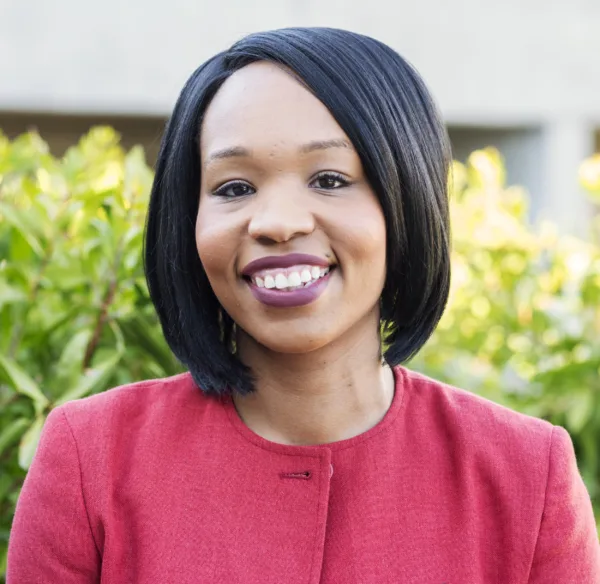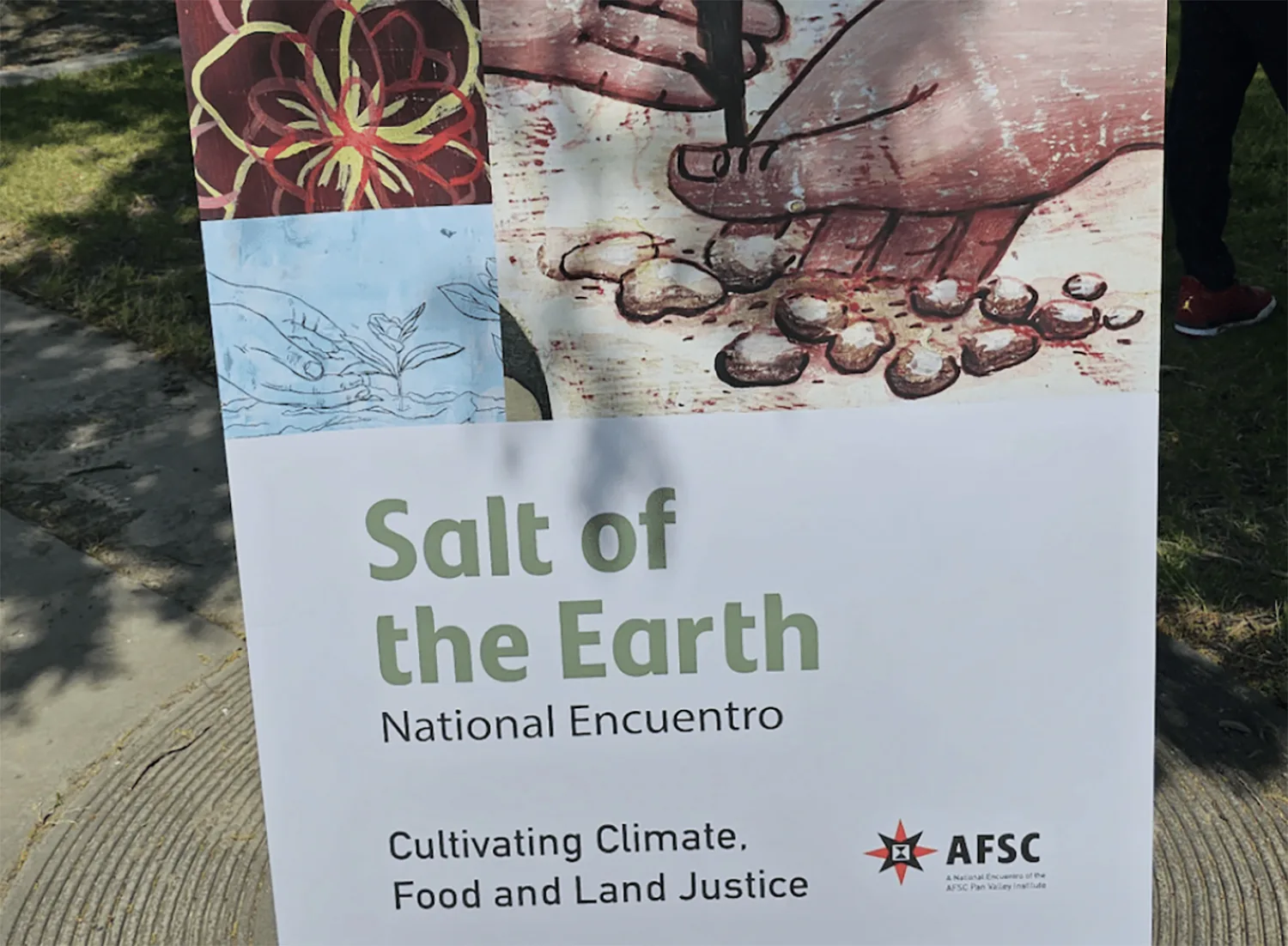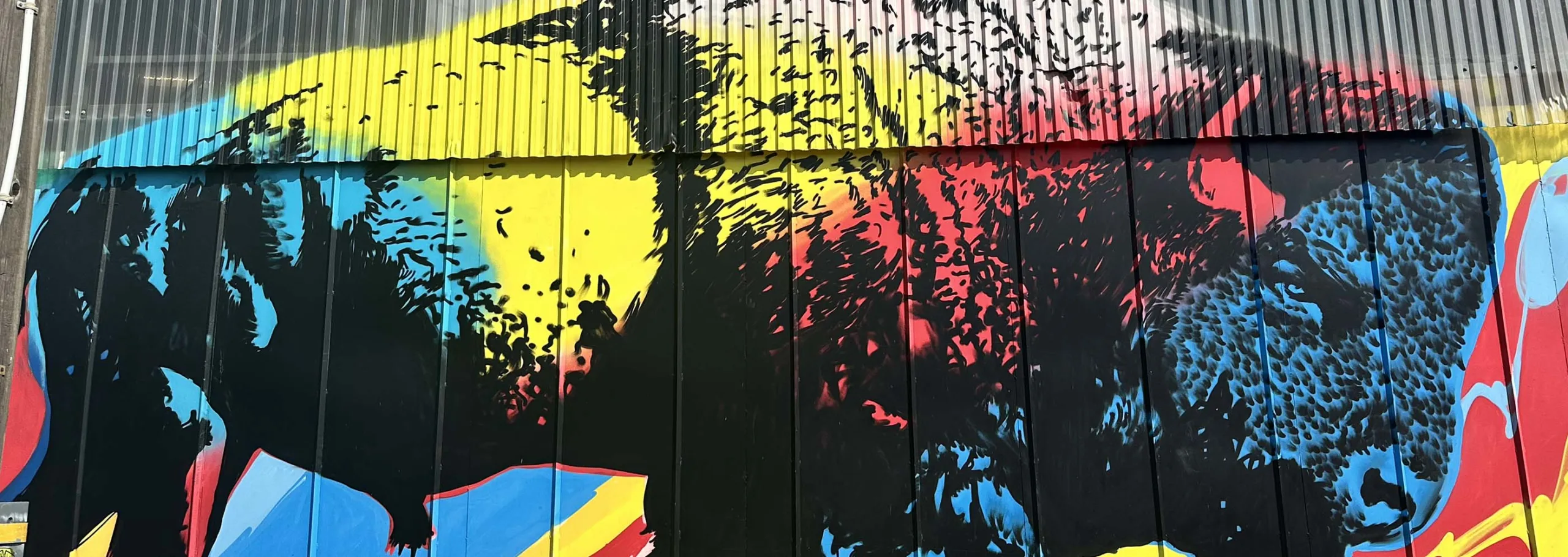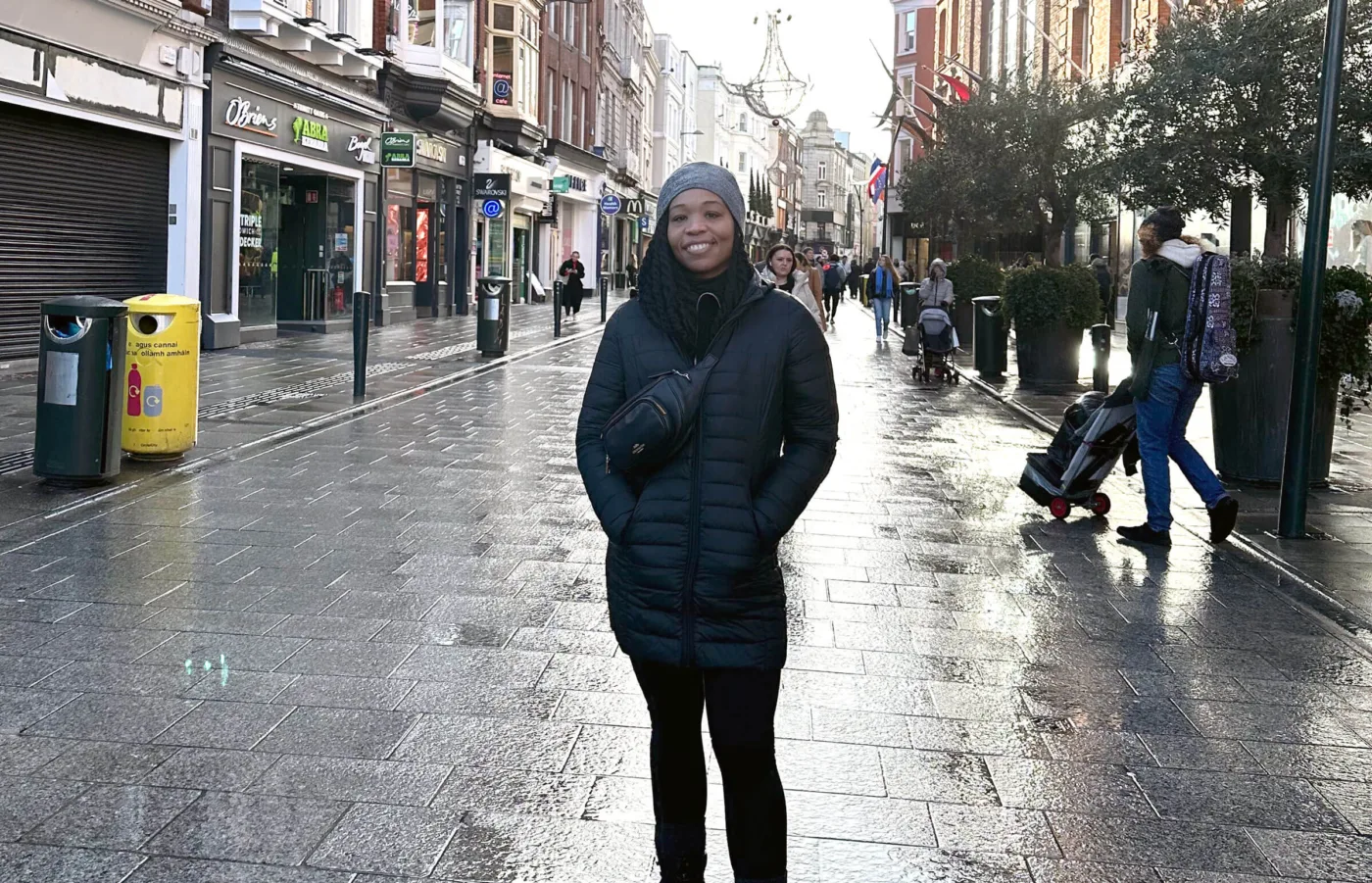After a couple of days of embarking on a whirlwind tour of Oxford, I attended the panel,“Unceded Voices: Rematriating the Narrative in the U.K.'' I volunteered for the role of photographer and watched over our belongings as I listened to Esperanza, Kelly Carslisle of Acta Non Verba, and Ruby Orozco of La Semilla Food Center speak about the importance of cultivating a collective appreciation and shared commitment to rematriating the narrative we hold about the land and the food produced from it. Observing these three women, each with different racial and ethnic identities and social experiences, I gained a unique perspective on stepping away from the traditional approach to producing, sharing, and connecting to our food system.
In a previous phase of my life (circa 2016-2019), I worked extensively in the field of food justice in Oakland, California. Through my work, I became acquainted with Esperanza and Kelly and learned a great deal about the significance of a community-centered approach to food sustainability and the possibility of economic opportunity for communities of color. Prior to this panel, I was aware of their individual commitment and on-the-ground efforts within the food justice sphere, but when you're in the thick of it, it's easy to overlook the broader conversations taking place about the ultimate vision for the future. So, in this panel setting, having never heard the term "rematriate" before, let alone comprehended how it can revolutionize our society's relationship with the land, I was moved by the close friends’ powerful intention to educate others to this food justice framework.
This experience was incredibly invigorating, and it also prompted me to reflect on my own perspective as a citizen of the United States and a Black woman from Detroit, Michigan. How does my background relate to the idea of trusting the people who have been caring for the land for thousands of years prior to the Americas' colonization? How did my ancestors learn, preserve, and deepen the practices acquired from the Chahta Yakni or Choctaw People, the original inhabitants of Sumter County, Alabama, where my family is from?

L-R: Mrs. Susie Harris-Johnson, Great-grandmother; Dwight Mason, Uncle; Mr. Wesley Mason, Grandfather
My family has a rich history of farming the land to survive.
My great-grandfather was a butcher and farmer who fathered 13 children, the sixth of whom is my grandmother. She reigns as our family's favorite cook and taught my mother how to garden. In fact, both my grandmother and mother have thriving gardens in their backyards to this day.
My mom recounts memories of picking pecans and assisting her grandmother in cleaning and preparing greens when she was as young as six years old on the land my great-grandparents spent a lifetime nurturing. To this day, my mother still loves to garden, and we have always grown our own food - this is directly connected to the knowledge instilled into my grandmother by her parents. Attending the discussion on rematriating the narrative and hearing about the connection that women worldwide have to land encouraged me to explore the love and lessons that my own mother has with growing food and flowers.
My mother has always been generous and happy to share the abundance of what she grows in her garden with others.

Ms. Sharon, Mother
Another takeaway, which has always been on my mind, that struck me during this conversation was the economic potential that sustainable land can provide for individuals and small communities. While my mother is not an entrepreneur, she has always been generous and happy to share the abundance of what she grows in her garden with others. This type of community sharing has been a practice in places like Detroit, where many Black people migrated from the South.
As I reflect on the value of both selling and sharing food, I imagine how many women would be excited to participate in and deepen community relationships, rather than relying on the limited, often ill-stocked grocery stores in urban areas. I began to consider the possibility of introducing my mother to other women like her, who are passionate about growing plants in even the tiniest of spaces. How could this connection help us build stronger communities outside of our immediate family? How can we tap into a personal connection to the land and help spark that same interest in other women? Gardening is my mother’s go-to self care practice. I assume that outside of the tangible outcomes of producing food, gardening and connecting with the land hold powerful benefits to the mental health of many women who have the opportunity to connect with the land.
By the end of the panel session, I was feeling activated and my mind was racing with new ideas and questions about my own relationship to the land and what I could do to not only deepen my own connection to the Earth, but also, about how I can intentionally engage with other women who are interested in doing the same. I feel a deep desire to explore these concepts further and to connect with others who are working to center the voices of Indigenous women around the world. As I traveled throughout the U.K. over the next 10 days, I carried with me the stories and experiences that were shared during the panel. It was inspiring to be surrounded by women who recognize the power of women on this planet and who are unapologetically committed to nurturing ourselves and the world we live in.

Latest News

2025 Wildseeds Grantees

2025 Wildseeds Beneficiarixs


